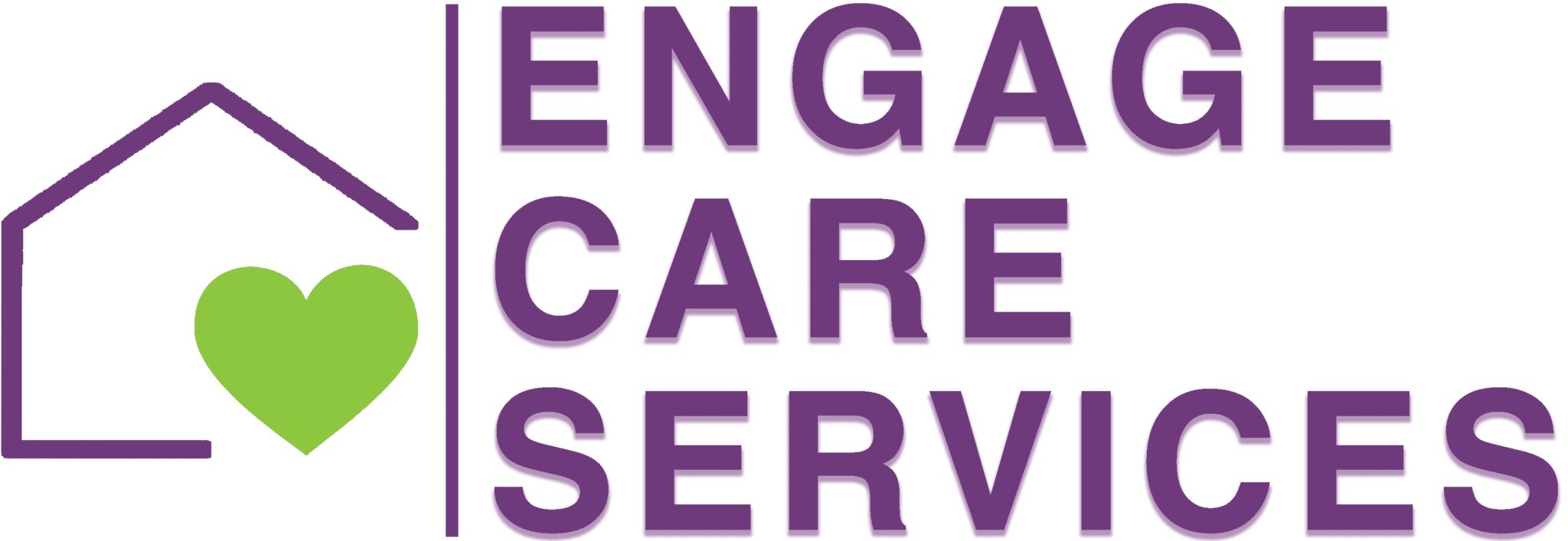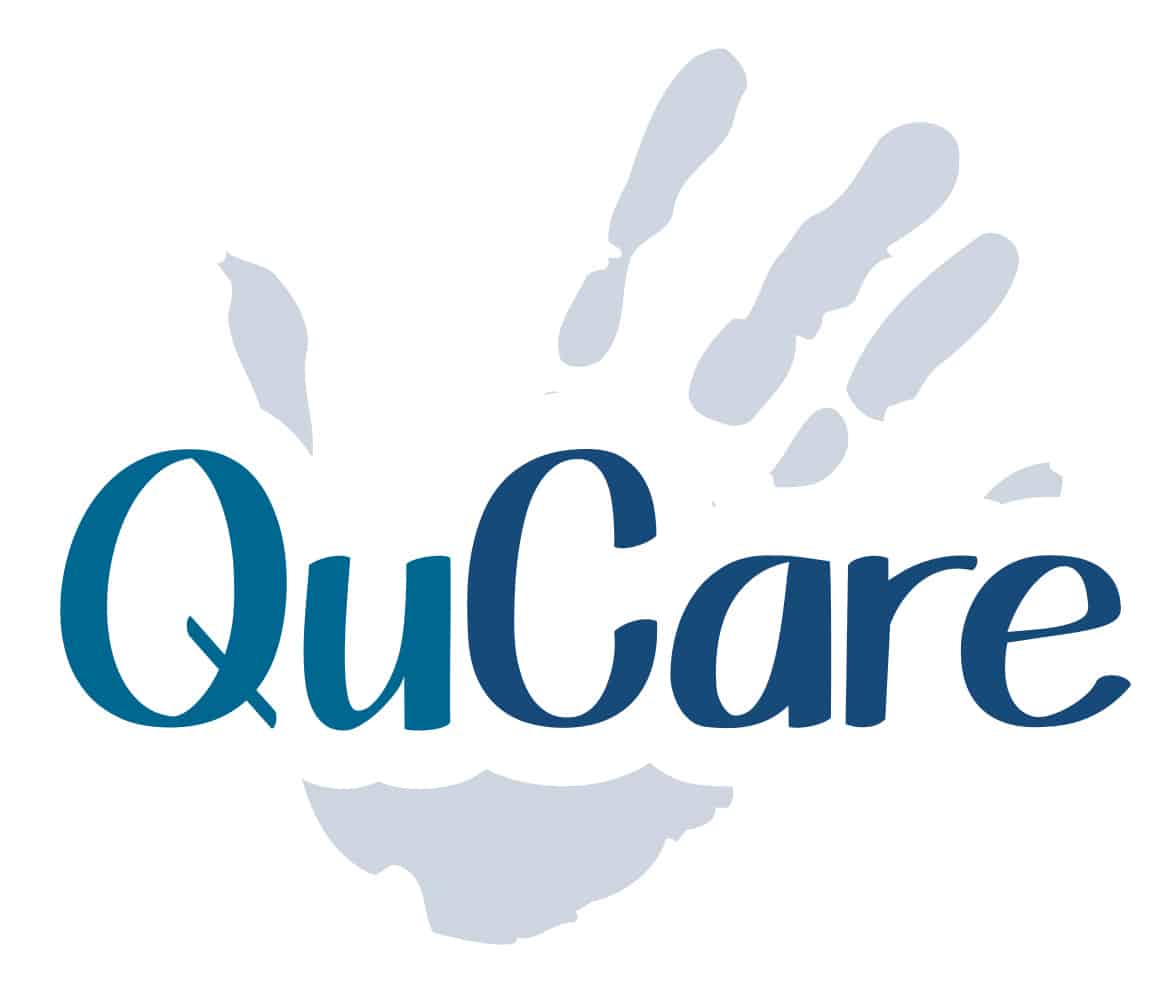Only a few days ago, we were watching the developing pandemic as we would watch a disaster movie. COVID-19 was interesting, thought provoking, but distant, as yet unreal. Fast forward a week, and we have a clear and present danger to our families, our businesses, our communities. There’s a new vocabulary: self isolating, social distancing and elbow coughing.
If you’re a small business owner, you’re probably in uncharted territory, reacting to whatever sounds the loudest alarm. With a little planning, you can build resilience and flexibility into your business by knowing your stakeholders, communicating regularly and with confidence, considering new ways of working, and strengthening your networks.
- Always work with facts – not politics or social media posts or what your mum’s best friend heard at bingo. The Queensland Health Department has a dedicated section of their website for information and resources about the crisis. For the latest news and coverage of the pandemic, ABC News24 has extensive rolling coverage on television and online. ABC Brisbane is the official emergency broadcaster in Australia. Update your knowledge before making any decisions about your business during the pandemic.
- Experts predict that 25% of Australians will contract the virus within the next few months, and we’ll all feel the impacts, from schools being closed, business and retail precincts being shut down, public transport changes, price fluctuations and a great deal of confusion. As far as is possible, re-establish control over your domain. Decide what is reasonable for you to achieve and set some goals. Get your team together now and involve them in creating a Business Continuity Plan. It’s an effective team building exercise, as well as being an positive way to engage the team. If you haven’t developed a Business Continuity Plan before, this template from the Queensland Government is helpful.
- We literally don’t know what we don’t know, so stay flexible. You will need to manage a lot of expectations, and that means timely, accurate communication from you. It’s important to send clear, simple messages. Take this time to make a list of all of your stakeholders – that’s every individual or organisation that may be effected by a change in your business. Next, draft up a couple of announcements about your current strategy for business during the pandemic. You can always fill in the details later. If business communication isn’t your strong point, get professional help.
- As well as the Federal Government’s Stimulus Package, there could be other assistance on the table. Ask your accountant to investigate what financial assistance is being offered and apply for everything you can. Use your professional and personal networks and forge strategic partnerships, whether it’s shared child-minding or utilising existing delivery services to drop off urgent supplies. Don’t be reluctant to ask for favours. Consider how you may be of service. How can you adapt your skills, and your business resources to assist your community?
- Stay in touch. Utilise technology to ensure that you don’t isolate yourself. We’re naturally social beings, so try to find safe ways to catch up with family and friends. 2020 is presenting new challenges to each of us, so remember to be kind, be patient and be approachable, and take breaks from the negativity when you need to.
- Reassess your progress and repeat steps 1-5 daily.
(C) Sally Piracha 2020
Alongside her expertise in business communication and marketing, Sally is a RIMER Certified Organisational Change Manager, with extensive experience in process improvement, project management, workflow mapping, change communications, workshop design and facilitation.



































